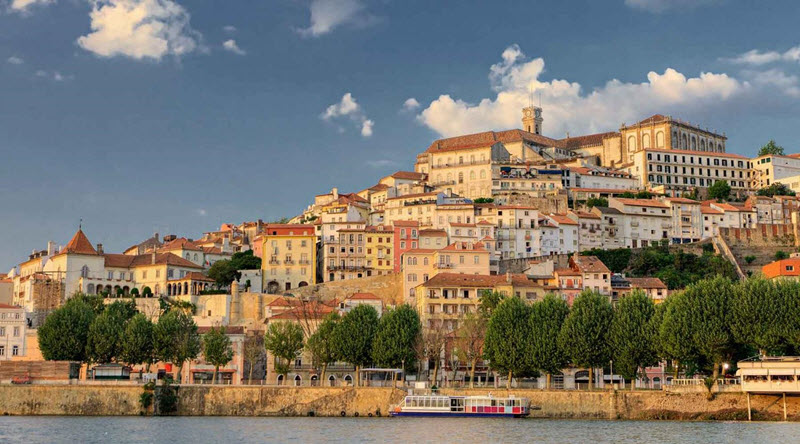Historic Centres are privileged locations of our cities, the living legacy of centuries of evolution and innovation. As Climate Change mitigation and energy security issues demand for Energy Efficiency, many ancient buildings are either excluded from the common effort, or pushed towards “deep renovation” goals they were never designed to provide or endure.
“Common Efficacy” identifies in ancient buildings’ inherent characteristics and in the natural urban stakeholders –local communities, policy actors, universities & energy service companies– a set of “win-win” opportunities: collective responses reduce operating / maintenance costs, optimize efficiency, promote inclusive neighbourhoods and better Quality of Life. Community level enrolment also overcomes the fact that only informed, technically able and financially capable inhabitants –a very small number– can act consciously towards emissions reduction, and from those only a few can access the funding available.
This project proposal in Portugal by Nelson Brito (researcher in the Institute of Systems and Robotics – University of Coimbra), Sergio Brito and Rute Oliveira Castela, won the first prize of the “Urban Services and Connected City” in the VINCI “2020 Global Climate Challenge”. The project addresses energy efficiency in historic centres, using the historic centre of Coimbra as case study, by involving urban stakeholders – local community and local policy players – working directly with energy service providers. The process recognizes inherent qualities of historic buildings in urban centres and minimizes costs of adaption for energy efficiency.
See the video

